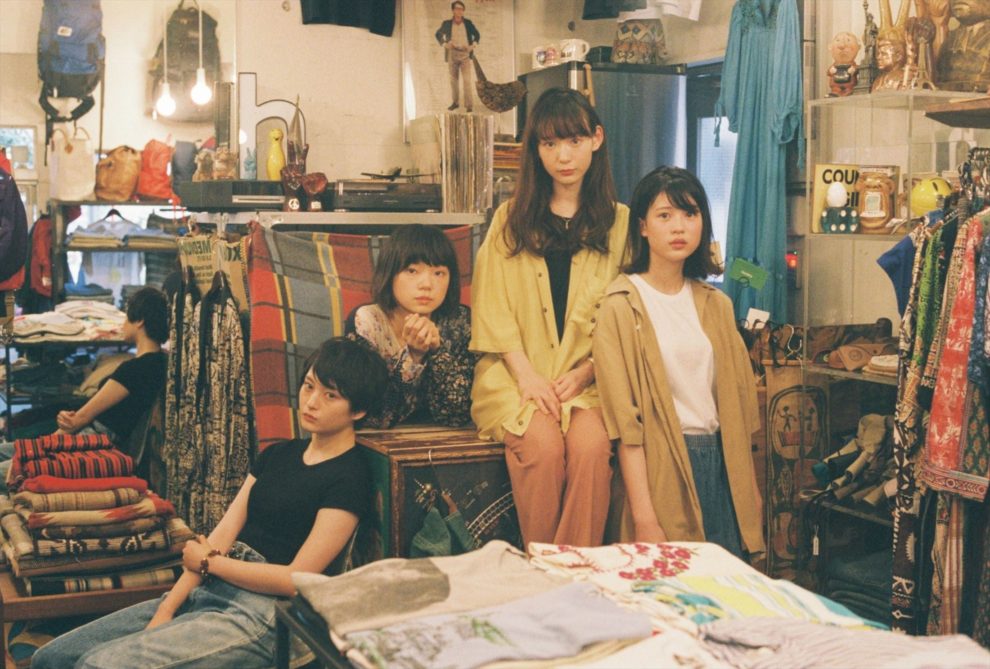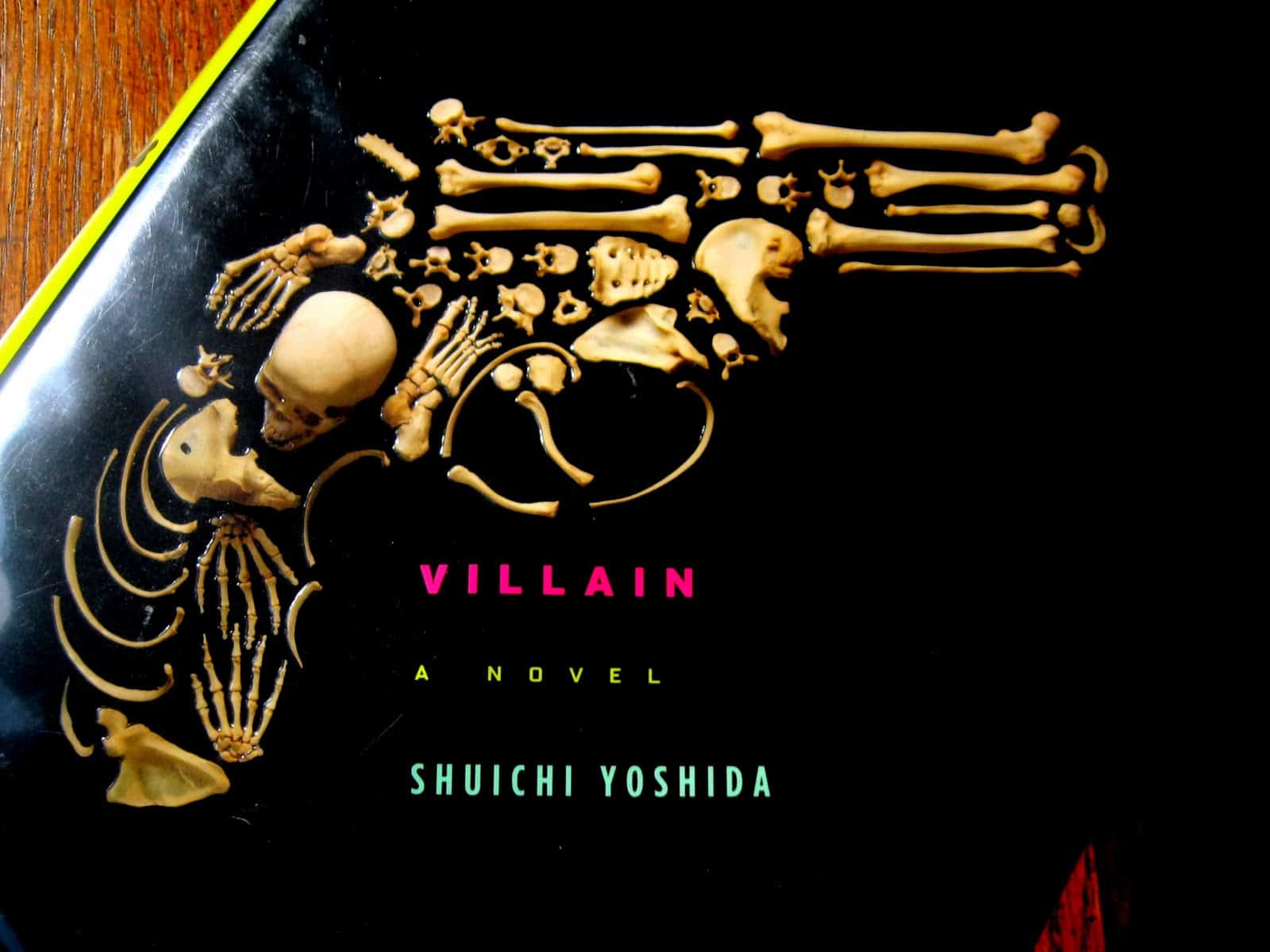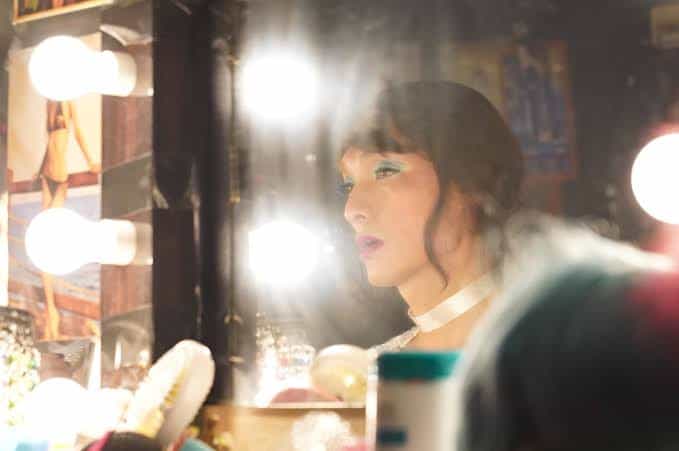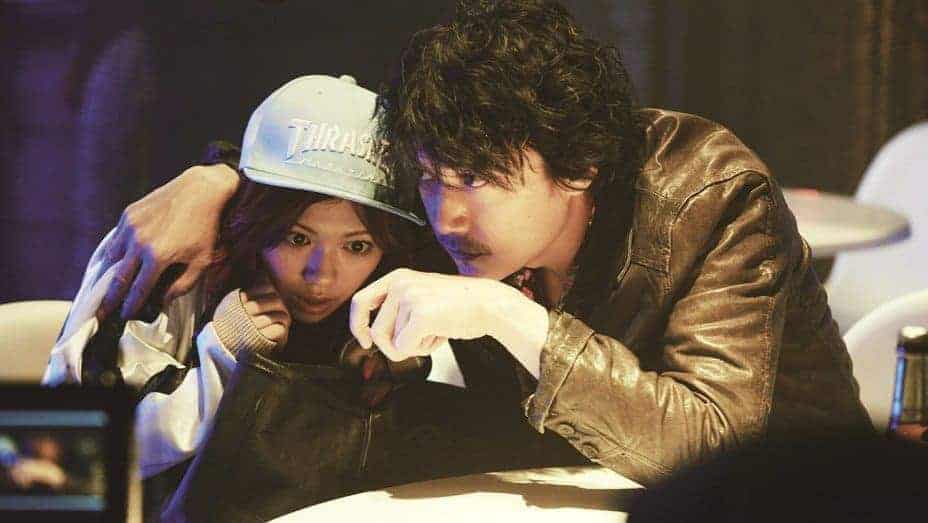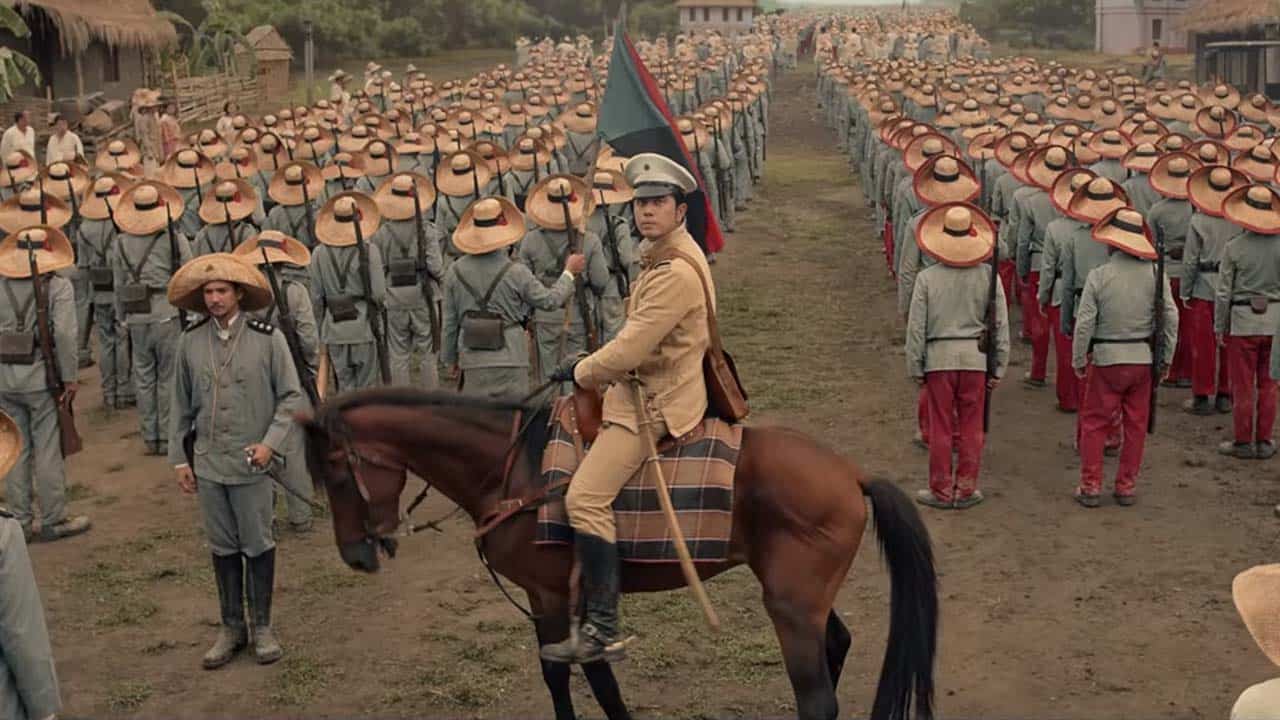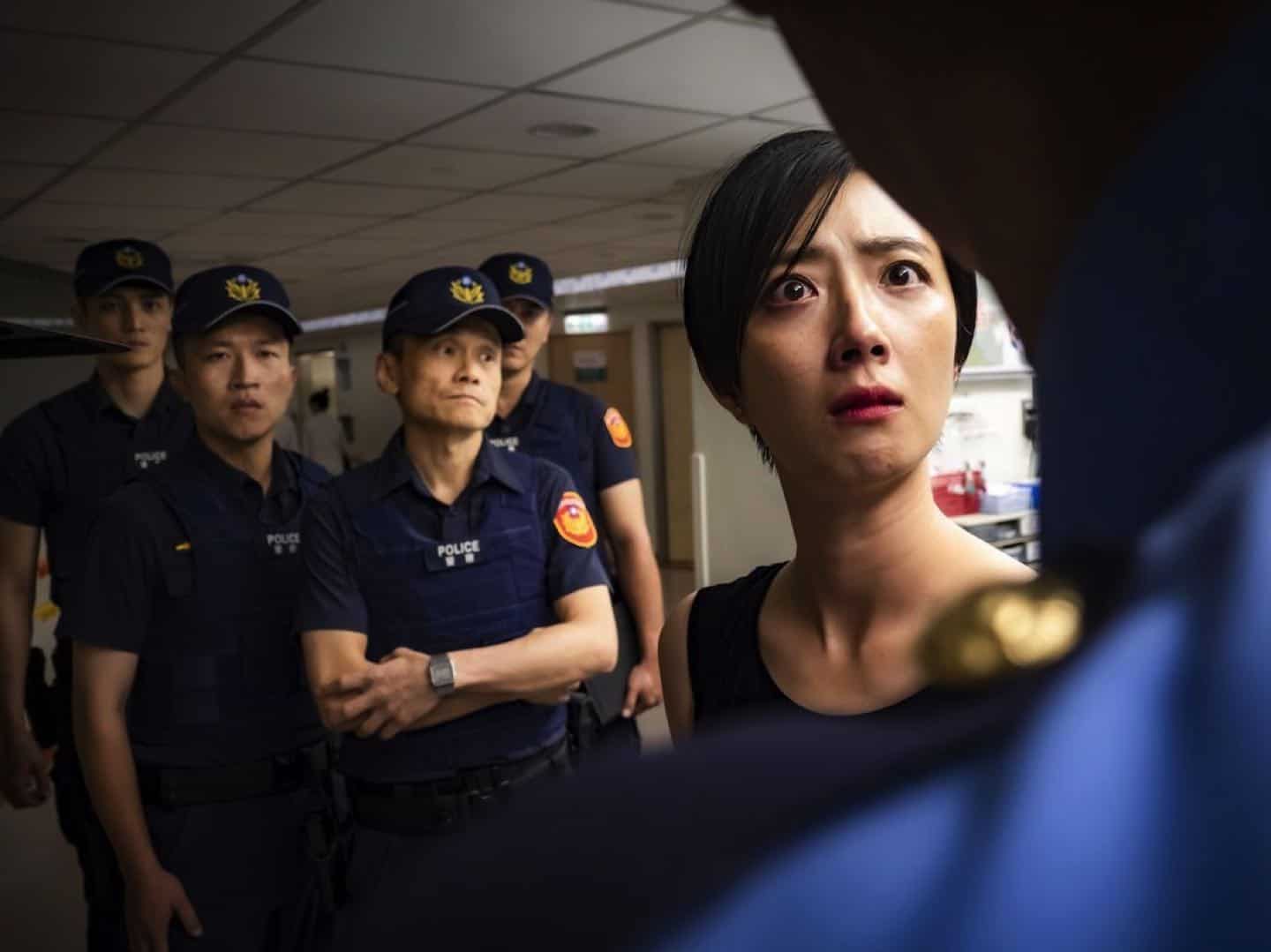According to Google, Shimokitazawa, or Shimokita, is a hip cultural quarter with a lingering old-Tokyo vibe. Narrow, mural-painted lanes are lined with stylish stores for vintage clothes and vinyl. Craft cafes and brewpubs host art shows and live bands, while bakeries and bistros serve inventive pastries and veggie curries. Edgy new plays debut at Honda Gekijo Theater, and young directors screen short movies at Tollywood cinema. Rikiya Imaizumi directs a film that aims at transferring the overall atmosphere of the area through a number of youths that inhabit it, while playing with the term moteki , which refers to a period in people's lives when they become increasingly popular with the opposite sex.
Over the Town is screening at Osaka Asian Film Festival

The film begins with the protagonist, Ao Arakawa, getting dumped particularly brutal by the love of his life, Yuki, who admits to having cheated on him repeatedly, before she tosses him out completely in order to pursue her relationship with the man she has been seeing on the side. Completely lost and still stuck, Ao continues his somewhat sad and definitely uneventful routine, frequenting the same bars and coffees in Shimokitazawa, where mutual friends remind him of what he lost. Eventually however, three women from the area come together in his life. Fuyuko, the young clerk of a local book store, Machiko, an indie director who visits his shop and asks him to be in her movie, and, Iha, a costumier he meets during the rather unfortunate for him, shooting. All of them seem to like Arakawa in some way, eventually ending up hanging out with him.
Using the four girls in his life as instigators of different events and different kinds of social comments through their diverse relationships with Arakawa, Rikiya Imaizumi comes up with a rather episodic narrative, which mostly follows a comedic path. Starting with the initial break up, continuing with the episode in Arakawa's store, the obese man in the bar he frequents who tries to gain weight for a movie part, the role of the barman, the shooting of the film and what follows, the bookstore, the cafe, the weird police officer, and most of all the fateful clash of almost everyone involved, the narrative is filled with truly absurd but also funny and quite intuitive episodes.
The humoristic aspect derives mostly from the eccentricity of most of the characters, the way they deal with relationships, and the occasionally brutal sincerity most of them seem to exhibit. Moeka Hoshi, who plays Yuki, is the main medium of this element, since she exhibits this attitude, not once, but twice, in two of the most memorably funny scenes of the film. At the same time though, Imaizumi uses this approach to make a number of social comments, mostly revolving around the difficulty relationships present, the hardship of breaking up and not being able to let go, and the question of whether men and women can just be friends. The occasionally absurd, quirky, sensitive and sincere dialogues form the second of the main elements of the narrative here, after the many episodes.
The third part is Shimokitazawa itself, with the post-hippy/hipster atmosphere that permeates it, with the somewhat rundown, small cafes, bars, restaurants, theatres and cinemas that seem to dominate the setting essentially becoming another protagonist in the movie. Hiroshi Iwanaga's cinematography captures this atmosphere perfectly, through an approach that focuses on realism, allowing the viewer to focus on the episodes and characters. The editing implements a rhythm that is faster than the usual Japanese indie, in order to fit all the episodes in the 130 minutes of the movie, which, however, do not feel long at all.
The acting also follows the general aesthetics of the narrative, with Ryuya Wakaba as the popular “loser” Arakawa providing a very fitting anchor for the movie. The rest of the female cast shine through their differences, with Kotone Furukawa portraying the archetype of the bookworm, Minori Hagiwara the somewhat harsh director and Seina Nakata the as Iha the kind of woman you want to be drinking buddies with. The chemistry of the three with Wakaba is also quite good, a trait that benefits the episodic aspect of the film.
“Over the Town” is a typical Japanese indie that stands out due to its humor and the presentation of an era that is the definition of the modern “hip”.


